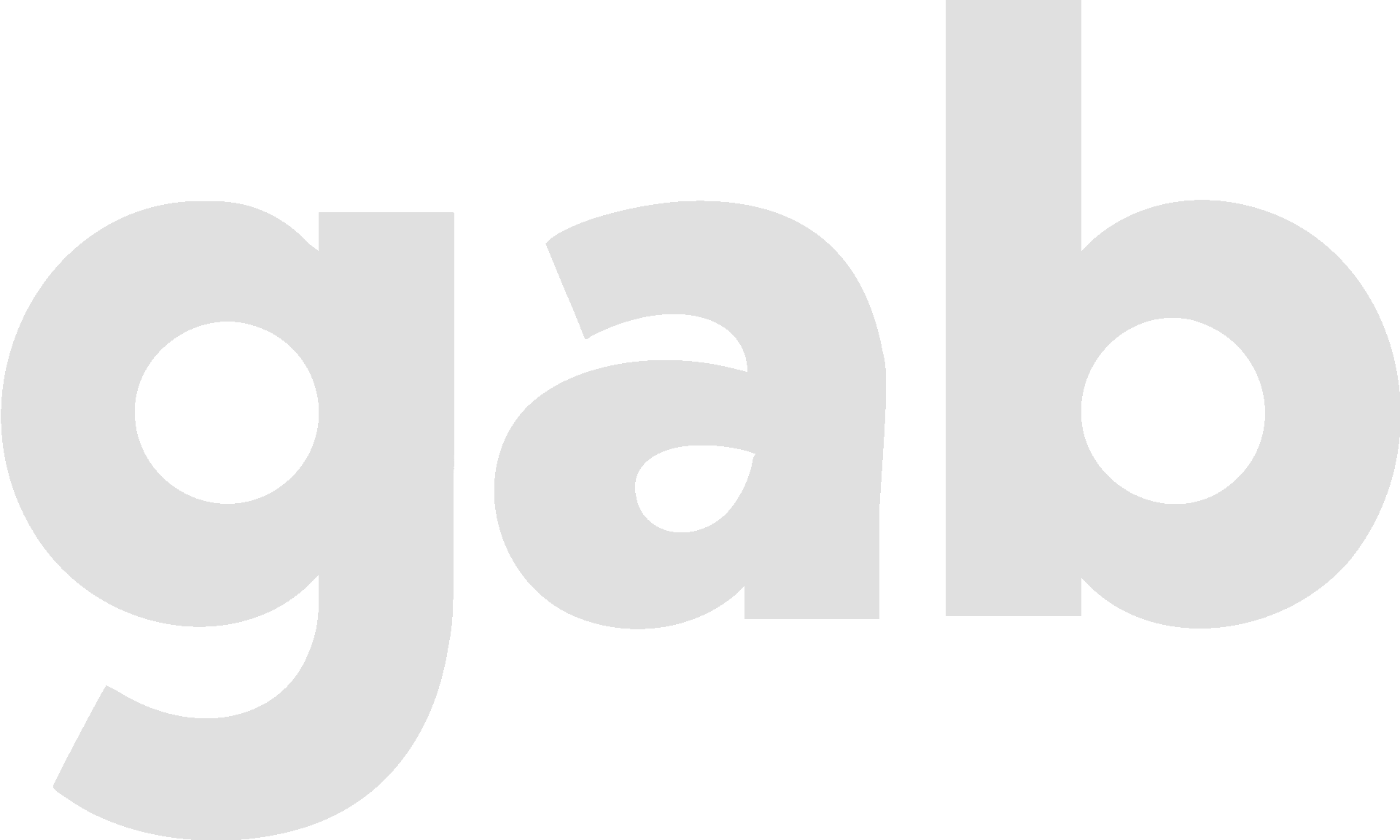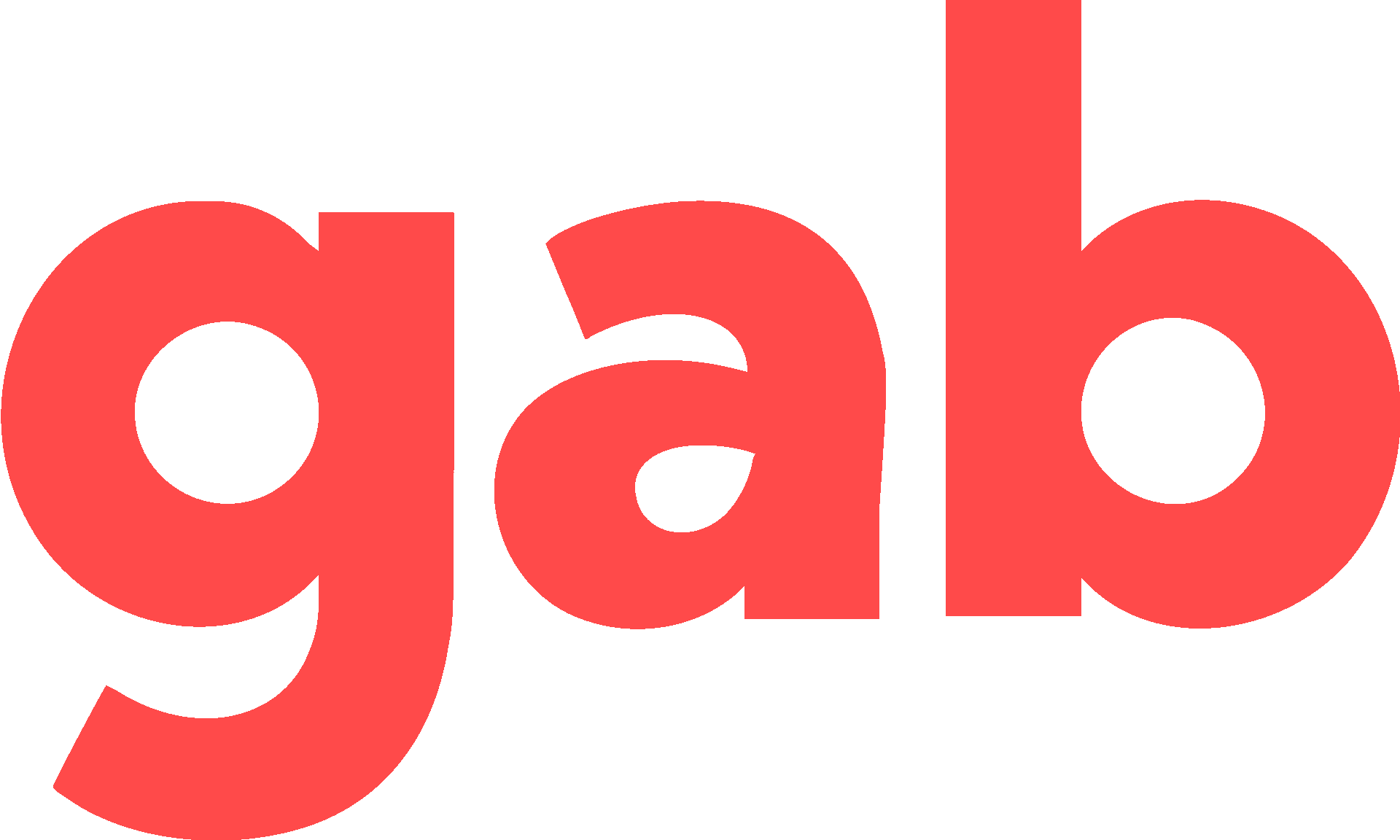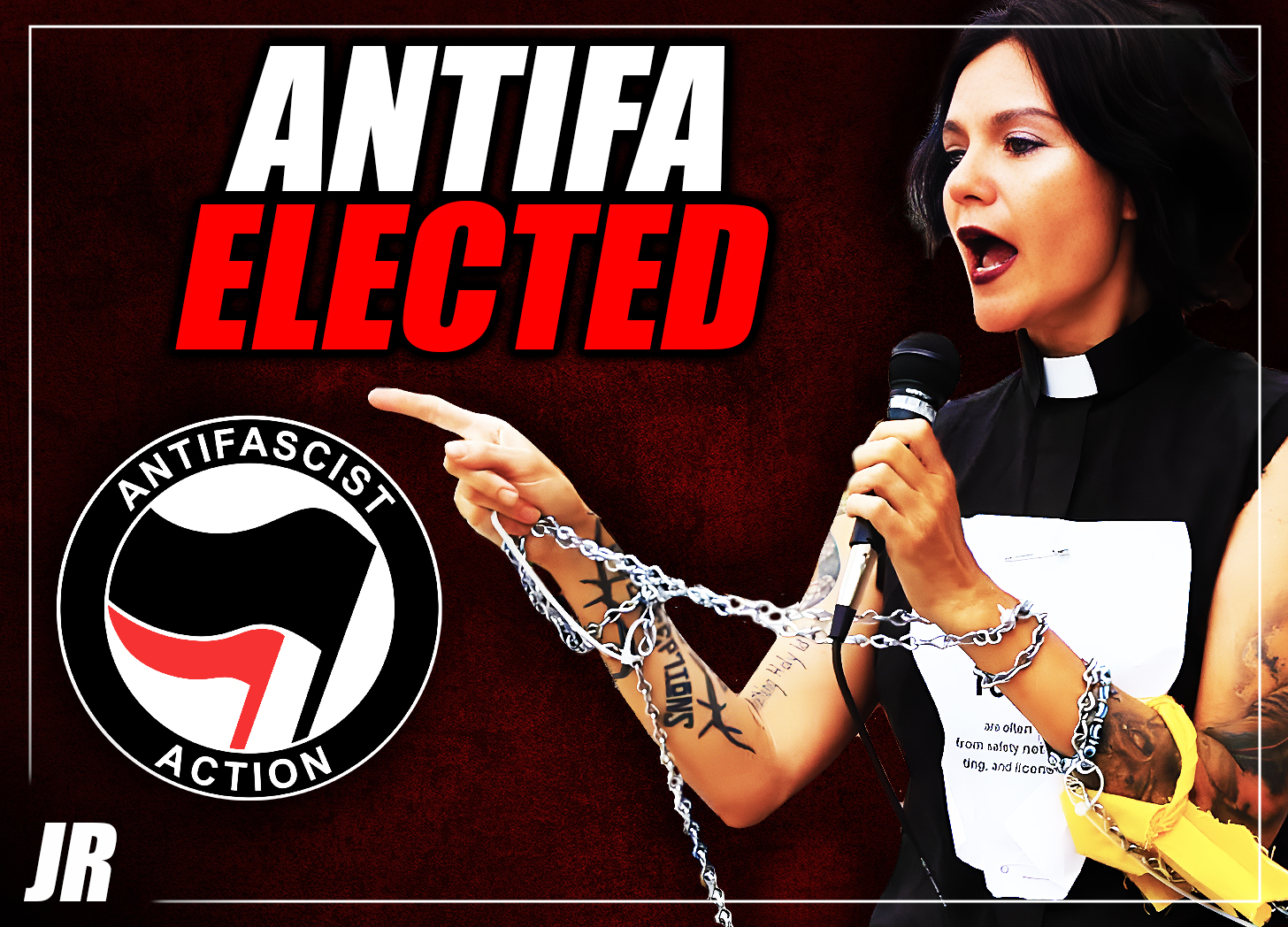California—By a 58-42 percent margin, voters overwhelmingly rejected Proposition 30, a law that would raise income taxes on wealthy earners to pay for more electric vehicle infrastructure.

The summary of Prop 30 provided to the California Attorney General states as follows:
- Increases tax on personal income over $2 million by 1.75% for individuals and married couples and allocates new tax revenues as follows: (1) 45% for rebates and other incentives for zero-emission vehicle purchases and 35% for charging stations for zero-emission vehicles, with at least half of this funding directed to low-income households and communities; and (2) 20% for wildfire prevention and suppression programs, with priority given to hiring and training firefighters. Requires audits of programs and expenditures.
On paper, raising taxes on California’s disproportionately Jewish and liberal elites while funding worthwhile endeavors, like the prevention of wildfires, may sound like a positive development. The Firefighters Union and American Lung Association, for instance, support Prop 30. Meanwhile, Gov. Gavin Newsom opposes the measure.
Yet on closer examination, this measure is less about protecting the environment and more about helping the ridesharing company, Lyft’s bottom line. In addition, a wide array of anti-White and Jewish-led activist groups and foundations backed the initiative. According to establishment political figures, “our democracy” is under attack by average White Americans, yet the political controversy surrounding Prop 30 shows us that the wealthy and well-connected are trying to buy elections using ‘climate change’ as their cudgel.
Yes on 30 | Clean Air California

The campaign organized on behalf of Prop 30 was led by Yes on 30 | Clean Air California. Organizations endorsing Yes on 30 include Greenlining Institute, the Harvey Milk LGBTQ Democratic Club, Jewish Center for Justice, Southern Christian Leadership Conference, San Francisco Bay Area Planning and Urban Research Association (SPUR), and Wine Country Young Democrats.
Individual backers include State Senators Henry Stern, Scott Weiner, Richard Bloom, and Oakland Mayor Libby Schaaf. Liberal Jewish financier Joe Sandberg donated $100,000 toward Yes on 30. Scott Weiner—a Jewish homosexual extremist—has previously supported bills to decriminalize the intentional spreading of AIDS and is also an outspoken proponent of drag queen story hour for children.
In an editorial for The Marin Independent Journal, Chief Policy Officer for SPUR Nick Josefowitz argued the measure would rebalance economic costs from the top 0.1% of earners, giving the benefits to lower classes. Josefowitz and SPUR donated $549,983.00 in cash and stock options toward Yes on 30.
Lyft: It isn’t easy bein’ green
While the foundations act as muscle, the ridesharing company Lyft donated vast sums to Prop 30. According to public records, Lyft Inc. directly donated $45,199,864.53 with smaller in-kind contributions for contact lists and for Lyft employees to volunteer on company time.

Why so much? Because, in May 2021, the California Air Resources Board put new regulations in place requiring that by 2030:
- …rideshare companies achieve a level of zero greenhouse gas emissions and to ensure 90 percent of their vehicle miles are fully electric…The GHG [greenhouse gas] target can be met in several ways, including by increasing electric miles beyond the 90 percent electric miles target, reducing deadhead miles (miles driven without a passenger), or increasing the number of passengers per trip (pooling). Rideshare companies can also earn optional GHG credits by investing in sidewalk and bike lane infrastructure that supports active transportation and connecting to transit through integrated trip booking apps.
Yet, Lyft already self-imposed more stringent standards back in June 2020. According to their announcement,
- Lyft – in collaboration with Environmental Defense Fund – is announcing its commitment to reach 100% electric vehicles on the Lyft platform by 2030. By working with drivers to transition to electric vehicles, we have the potential to avoid tens of millions of metric tons of GHG emissions to the atmosphere and to reduce gasoline consumption by more than a billion gallons over the next decade.
Lyft’s EV transition is nationwide. Endorsed by Governor Jared Polis, Lyft launched an EV initiative in Colorado in 2019.
- “Just last year, Colorado and Lyft teamed up for a historic launch of electric vehicles, and this announcement is part of the bold next step we need for a clean energy future. Colorado will continue to advance measures that will ensure with the help of responsible businesses we make EVs the norm, breaking down equity barriers and improving our economy, the health of our communities and our environment,” read a statement by Gov. Polis (D-Colorado)
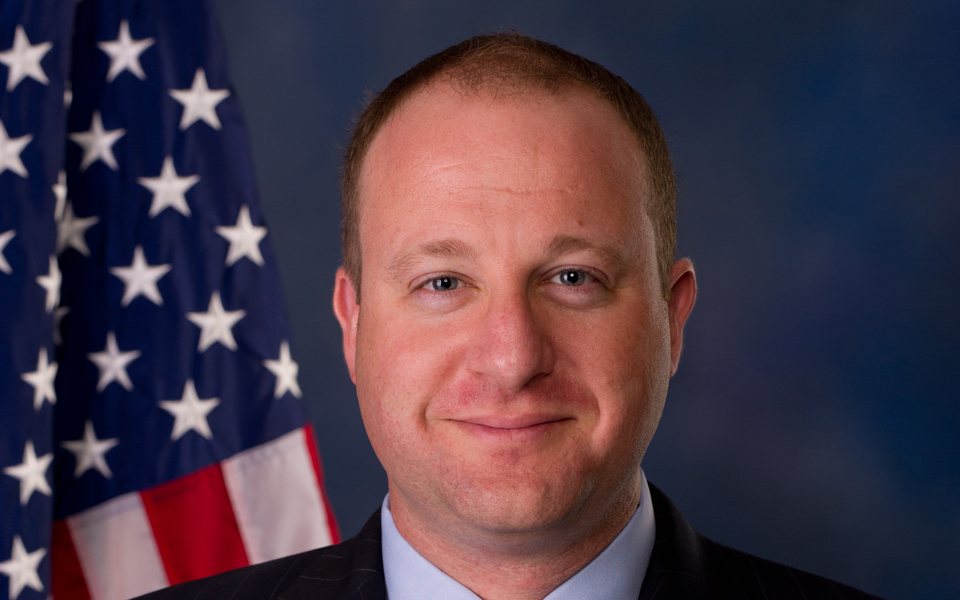
“Now more than ever, we need to work together to create cleaner, healthier, and more equitable communities,” said John Zimmer, co-founder and president, Lyft. “Success breeds success, and if we do this right, it creates a path for others. If other rideshare and delivery companies, automakers and rental car companies make this shift, it can be the catalyst for transforming transportation as a whole.”
Yet despite Lyft’s commitment to the environment, they also support pro-immigration measures making California incredibly congested and crowded. That includes the UN Global Compact on Migration which creates international mandates for Member States to accept refugees and immigrants while outlawing xenophobia. According to Kerry Bolton, Jewish billionaire Michael Bloomberg organized a group of business leaders in support of The Compact. Among these were:
Jim Coulter and [Jew] Jon Winkelried, Co-CEOs of TPG; Dawn Fitzpatrick, Chief Investrment Officer of the Soros Fund Management; Joe Gebbia, Co-founder and Chief Product Officer of Airbnb; Dara Khosrowshahi, CEO of Uber; Rich Lesser, CEO of BCG; Hamdi Ulukaya, Founder, Chairman and CEO of Chobani; and John Zimmer, President and Co-Founder of Lyft.
Tyranny of Human Rights p. 284
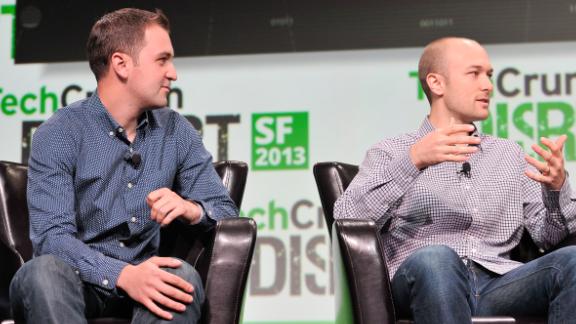
Former Lehman Bros. analyst John Zimmer is Jewish. The rest of Lyft’s board is well-connected. Chair Sean Aggarwal previously served as Finance Director for Bezo’s Amazon, Finance VP for eBay and PayPal, and CEO of tech investment firm Soar Capital. CEO Logan Green currently sits on eBay’s board.
Jewish Director Ariel Cohen founded payment processing and multimedia ventures. David Risher is another Amazon alum, who runs a non-profit called Worldreader. Barack Obama Foundation President and former presidential advisor Valerie Jarrett is also a director. CFO Elaine Paul previously served as CFO for Amazon Studios.

Lyft checks all the typical diversity, equity, and inclusion boxes. This includes discrimination against White men in Lyft’s internship program. According to their 2022 Diversity report:
- In 2020, 65% of our interns identified as Women, Black, and/or Latinx —the most diverse intern class in Lyft’s history. Meanwhile, our focus on increasing diversity in our internship program paid dividends when it came to new hires: 81% of hires from the internship identify as Women, Black, and/or Latinx…[T]o build a diverse talent pipeline…we partnered with organizations like Techqueria, Latinas in Tech, Nextplay, SHPE, Anita B, Blavity/AfroTech, and Pursuit, working alongside them to offer Black and Latinx professionals networking and mentorship opportunities. These partnerships have led not just to a number of successful events, but to more applications from Black and Latinx candidates and better interview readiness scores.
Lyft also, “strengthened our Employee Relations (ER) and Equal Employment Opportunity / Affirmative Action Program (EEO/AAP) teams, hiring more team members and aligning this function under our I&D umbrella.” By that, they mean active discrimination against White candidates. (p. 18)
During the deadly 2020 BLM riots, Lyft assisted “protestors” by directly sponsoring rides to and from BLM events. Green and Zimmer were proud that Lyft donated bikes in Chicago and New York City for “Solidarity rides” and donated to Antifa groups like The National Bail Network. (pp. 3 & 35) The physical safety of Lyft drivers and passengers has been put in danger by those very policies they support. There are numerous documented instances of attacks on Lyft drivers by criminals.
During Q3 of 2022, Lyft delivered a record-breaking $1.05 billion in revenue but still failed to make a profit. Now, as left-wing critics in California’s Peace & Freedom party put it, “[Lyft] must go electric and wants someone else to pay for it.”
Greenlining Institute’s paper trail
The Greenlining Institute is a California and based advocacy organization that fights for “racial equity” and against “climate injustice.” Greenlining has trained over 1,000 “multi-ethnic” leaders in effective policy advocacy. They lobby Sacramento on issues such as mandating state agencies complete “impact assessments” related to “anti-bias” for automation systems. The Institute supports the creation of an Office of Racial Equity (ORE) in California which would “coordinate and lead the state’s strategies for advancing racial equity across state agencies and departments.” Taiwanese-American State Sen. Dr. Richard Pan introduced SB-17 to do just that. Summarizing the purpose of his bill Pan writes:
- In the United States, BIPOC have experienced centuries of inequality and systemic, institutionalized racism, beginning when European colonizers stripped tens of millions of indigenous and native people of their identity, culture, language, lifestyle, families, work, history, and traditions. Even as it represents one of the most successful projects of modern democracy, the United States embedded racial inequality, violence, and trauma into its founding document. Numerous studies have identified racism as a root cause of many health disparities…The COVID-19 pandemic has made decades of inequities and structural racism even more evident and has disproportionately impacted BIPOC, women, and historically underserved communities…SB 17 establishes the ORE and the Racial Equity Advisory and Accountability Council, which will oversee the new office…SB 17 will also require the ORE to develop a Racial Equity Framework for the state and directs state agencies to develop and adopt Racial Equity Action Plans, in order to implement the new statewide framework.
To the Institute, any institution created by White people is illegitimate while climate change threatens People of Colour the most hence why they support state funding for, “Clean Mobility Equity Programs and Charging Infrastructure.” An old proposal was an electric vehicle-sharing program.
The Institute is led by President Debra Gore-Mann, who identifies as “bi-racial”; she possesses, “over 25+ years of leadership experience in nonprofit and private research universities and over ten years of private sector business development expertise having worked in investment banking, international infrastructure development, and engineering.”
Other notable staff members include Jewish Senior Director for Economic Equity, Holden Weisman. Communications Director Molly Tafoya is a staunch LGBT advocate with, “a deep commitment to intersectional community engagement.” Sikh-Jewish Program Manager for Tech Equity Caroline Siegel Singh previously “served as the elected President of the University of California Student Association where she was able to shape policies in California related to reproductive justice.” Senior Program Manager for Media Relations Danielle Bell, “increases the visibility of our impact through a robust earned media strategy.
Prior to joining Greenlining, Danielle was a strategic communications consultant to some of the most influential companies around the world…” A crisis manager, she is also an organic farmer who bizarrely identifies as “a Jewish settler living on [indigenous] Ohlone land.”
In case one doubted the impact the Institute has in shaping policy in the Pacific, VP for Policy Alvaro Sanchez has, “shaped over $5.2 billion in California Climate Investments targeted at priority communities, established the Transformative Climate Communities and Regional Climate Collaboratives state programs via legislation, and launched the Towards Equitable Electric Mobility Community of Practice, a multi-state effort to advance equitable electric mobility policies.”

Funders of The Institute include The Ford Foundation, Seedfund, and The Bezos Earth Fund. Amazon founder Jeff Bezos’s group donated 10 million to The Institute in 2021. CEO of Bezos Earth Fund, Andrew Steer currently serves as Agenda Trustee at The World Economic Forum. Steer previously served as Director General at the UK Department of International Development, as Head of the World Bank in Vietnam and Indonesia, as World Bank’s Special Envoy for Climate Change, and most recently leading the World Resources Institute. Also from the World Resources Institute, now at Bezos Earth Fund is Jewish Kelly Levin. Levin is Chief of Science, Data, and Systems Change, overseeing how scientific data guides the foundation’s “strategic direction.” But the actual Grantmaker for Bezos is Dan Schoenfeld—also Jewish. The Fund has spent over $300 Million on “Environmental Justice” causes directed at “frontline communities” and over 1 billion on “indigenous communities.”
Tom Steyer and Company
Returning to Prop 30, another backer was Jewish multi-millionaire and 2020 Democratic Presidential candidate Tom Steyer. Steyer donated $50,000 to Yes on 30. The hedge fund manager may have lost the battle for the White House, yet he still holds significant sway over politics through his activist organization NextGen America. NextGen mobilizes young voters especially ‘queer and BIPOC activists on college campuses. On climate issues they claim:
- Young people, and especially young people of color, will be hit hardest by the impacts of climate change. Climate disaster is already at our doorstep, and it is imperative to transition to 100-percent clean energy before it’s too late. NextGen provides the tools and confidence young people need to put climate on the agenda and make the changes to ensure a livable future for generations to come.
Other issues include protecting the “human dignity” of trans people and immigrants. However, experts suggest that immigration has a negative impact on the environment.
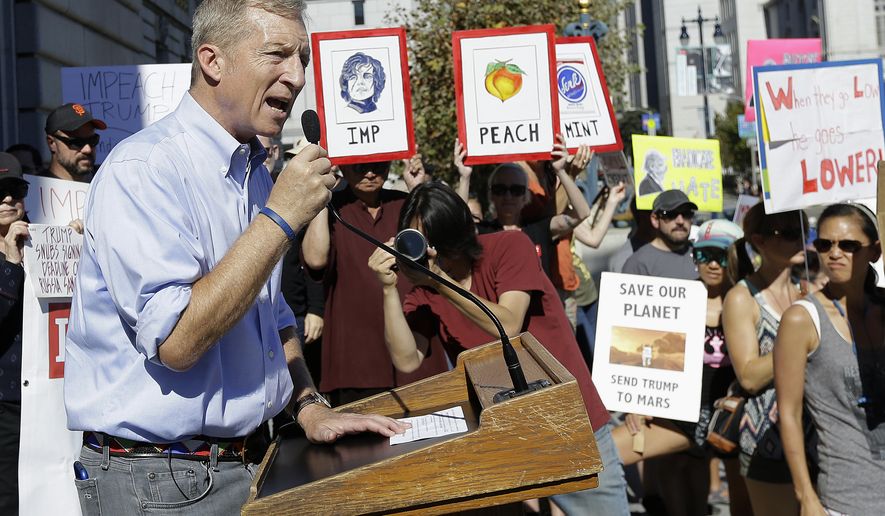
During the 2022 Midterms, NextGen registered over 77,000 voters and was particularly active in several swing states—benefiting Democrats.
Their Ambassadors Council and board is a fusion of community organizers and investor friends of Steyer. One member is the Vice President of US Programs for the Ford Foundation Sarita Gupta. Other notables include anti-White Congresswomen Pramila Jayapal, Katie Porter, and Rashida Tlaib, and General Council Jew Marc Elias. (He was Gen. Council for John Kerry’s failed 2004 Presidential campaign.)
Another member of Steyer’s group is Jill Soffer, also Jewish, who sits on the Sierra Club board and runs her own pressure group called Banking for Climate. The group lobbies banks to withdraw funding for fossil fuel projects and pipelines by convincing high net-worth individuals to pull their money. According to the FAQs, it’s the United States’ responsibility to make sacrifices. “The United States has been leading the world since we freed Europe from the Nazis. Leading is an honor and a privilege and someone has to do it, and it’s good for us and great for everyone else.” Ironically, her criticism of American banking practices is framed as anti-Nazism.
Green banking
Because of extensive efforts by the United Nations, World Economic Forum, state governments, and institutional investors like BlackRock to push “Environmental & Social Governance,” (ESG) “green banking” has become a large business in its own right. According to Gita Bhatt, Editor-in-chief of IMF’s journal Finance & Development, “sustainable debt issuance in 2021 hit a record $1.6 trillion, but more than 80 percent was in advanced economies.” IMF argues that “sustainable investment” presents an “opportunity to supercharge growth” and create jobs, while at the same time offering a counterweight against Russia’s fossil fuel dominance.

Some banks go further—registering as green banks. Many belong to the American Green Bank Consortium, “…a project of the Coalition for Green Capital. The American Green Bank Consortium is a membership organization for green banks, capital providers, developers, and other clean energy supporters to work together to expand and accelerate innovative clean energy investment across the United States.”
Taking funding from foundations, and state and local authorities to start up, member banks are growing fast. They invested $1.7 billion in 2020. That might seem small, but green banking includes some heavy hitters. Richard Kauffman, who is Jewish, founded New York’s Green Bank. He previously, “…chaired the Global Financing Group at Goldman Sachs. He was vice chairman of Morgan Stanley’s Institutional Securities business, as well as co-head of its Banking Department. He served as the chairman of the board of Levi Strauss & Co. and as a board member of the Brookings Institution.” He sits on the Council on Foreign Relations. Green banks may soon get a large boost as congress considers creating a national green bank with bipartisan support.

According to another pro-Yes on 30 group, The Environmental Defense Fund (EDF), federal funds from the Inflation Reduction Act of 2022 directed toward green investment will generate significant private investment. For every $1 in federal money, they forecast $2.68 in private sector investments, with much of the debt leveraged by green banks. Programs like the $10 billion appropriation for advanced vehicle manufacturing (low and zero-emissions vehicles) will generate 9.8 billion in private matching funds. Meanwhile, the race-based “Tribal Energy Loan Guarantee Program” for Amerindian reservations will only receive $75 million from the federal government yet could generate $17.7 billion in private investment. EDF has been an early supporter of green banking since at least 2014.
At the macro level, the World Bank Scaling Solar program assists in financing solar projects globally. A working-paper by the aforementioned World Resources Institute (in conjunction with Bloomberg Philanthropies) demands the US mobilize $1 Trillion by 2030 on solar projects. They suggest that central banks like the Federal Reserve should incentivize solar investments, while governments should train commercial banks on how to ‘effectively underwrite complex projects.’ A “multi-stakeholder” affair, the green banking system, despite its pretensions of social responsibility, will be underpinned by Wall Street.

Prop 30 fails, Gavin Newsom saves the day?
The campaign for Prop 30 started out quite popular. Polls in July showed the initiative would pass easily with 63% in favor. But as the campaign rolled on, polls narrowed and by late October the Public Policy Institute showed a majority of Californians opposed the measure. While the politically irrelevant California GOP opposed the measure consistently, the turning point probably came when California Teachers Association and Gov. Gavin Newsom came out against Prop 30 which the State Democratic Party endorsed. Newsom described the measure as “a cynical scheme” that would funnel tax revenue to “a single company.”
Despite this, Newsom still intends for all new cars sold in the Golden State, to be zero-emissions by 2035. Hardly a hero, his government budgeted 10 billion on EV infrastructure in 2022 alone but budgeted only 2.8 billion for fighting wildfires. Had the measure passed, wildfire prevention funding would have only increased by a paltry 500-900 million, out of a total budget of 214 billion. That includes funding for illegal aliens to have health insurance.
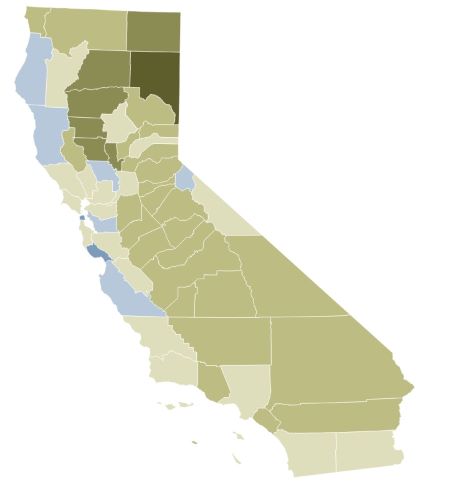
The No on 30 campaign itself had the backing of other more centrist and right-leaning corporate interests like the Chamber of Commerce and Investor Michael Moritz. A child of Holocaust survivors, Moritz, Chairman of Sequoia Capital previously donated to the ACLU and the neoconservative Lincoln Project. Unlike many voters who rejected the entire ESG scam, Moritz and the wealthy were more mainly concerned with the tax increase they might pay.
On the other hand, while taxing the rich might have seemed generally beneficial, the measure merely transfers money from rich people to Lyft, who made a commitment to EVs they can’t afford. California already has the highest tax rates in the country. Driving more wealthy liberals out of their containment zone has already turned places like Blaine County, Idaho, Jackson Hole, WY, Missoula, MT, and the Colorado Rockies into unaffordable, left-wing enclaves. Nationally, it’s harder for Judeo-liberal elites to avoid federal tax increases just by moving state to state—although they can do us all favor: leave the country.
Have a story? Please forward any tips or leads to the editors at [email protected]












